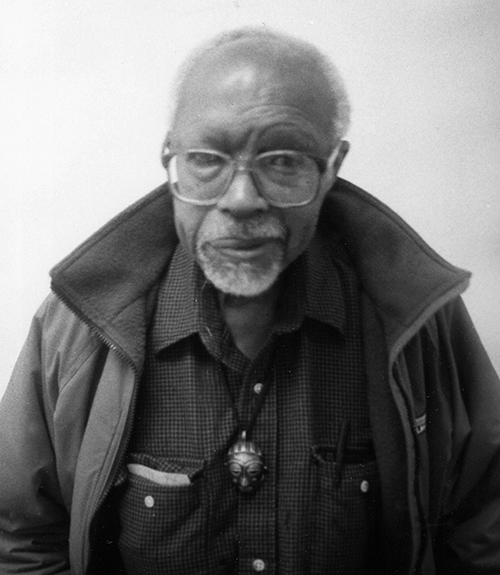Remembering 1199’s History: Our Paul Robeson
February 8, 2021

The other was Joseph (Joe) James, a celebrated actor, singer, rank-and-file leader, educator and civil rights champion. Called our Paul Robeson, James brought his deep experience and in labor and civil rights to the Union classes. He died 20 years ago at 90.
He performed around the world for some two decades as an actor and singer, and was hailed by critics as one of the great singers of our nation. During WW II, while he was president of the San Francisco branch of the NAACP, he took a job as a shipyard welder with the Marineship Corporation. Marineship had a contract with the International Brotherhood of Boilermakers, but the Boilermakers Local 6 banned African Americans.
African Americans were forced to join an all-Black unit controlled by Local 6. After James and more than 200 African Americans refused to pay dues to the all-Black local, they were all fired. James filed a lawsuit to stop their dismissal.
The suit, James v. Marinship, was argued in part by Thurgood Marshall, who went on to become the nation’s first African-American Supreme Court justice. The unanimous California Supreme Court decision in favor of James and the others was credited with ending segregated union locals.
Later, James brought his deep commitment to civil rights and workers’ rights to his classes. At a memorial for James in 2001, 1199 Pres. Dennis Rivera said, “When Joe spoke I heard a deep commitment to constructive solutions that unified members in a common cause.”

